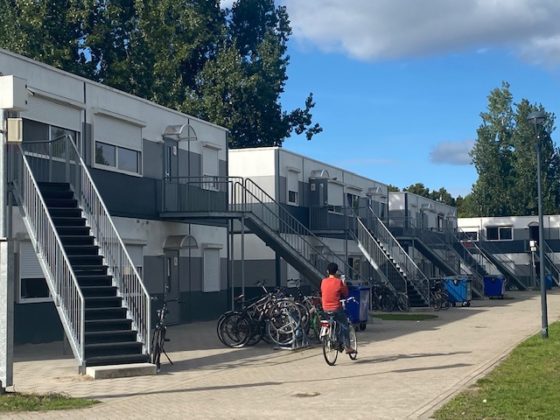Despite the crisis, the number of beds for refugees has gone down


The number of beds for asylum seekers has actually fallen, despite government efforts to get local authorities to allocate more places, junior justice minister Eric van der Burg said at the weekend.
Many contracts for emergency accommodation between councils and refugee settlement agency COA expired at the end of September and the net reduction in beds is around 1,250, Van der Burg said.
Agreements had been made for 11,000 emergency places but councils have failed to deliver on their promises, the minister said. ‘If I meet my side of the agreement, can I also ask local councils to keep to theirs?’ he told broadcaster NOS.
The government has agreed to slow family reunification and to ensure there is regular housing for 20,000 refugees who have been given residency permits in return for more temporary accommodation.
Legislation
The minister is working on legislation which will ensure all local authorities provide housing for refugees, and will give ministers the powers to force them to do so.
Asylum seekers who are granted refugee status should move into regular housing, but the shortage of homes means over 17,600 are still living in official refugee centres.
A large majority of Dutch local authorities have not provided any long-term accommodation for refugees over the past 10 years, it emerged last month.
Nearly all of the 25 poorest local authorities in the country have provided temporary housing for refugees at some point since 2012, while just three of the richest 25 have done so.
Bible belt towns and villages are also far less likely to have housed a refugee centre, the figures, from refugee settlement agency COA, show.
Thank you for donating to DutchNews.nl.
We could not provide the Dutch News service, and keep it free of charge, without the generous support of our readers. Your donations allow us to report on issues you tell us matter, and provide you with a summary of the most important Dutch news each day.
Make a donation